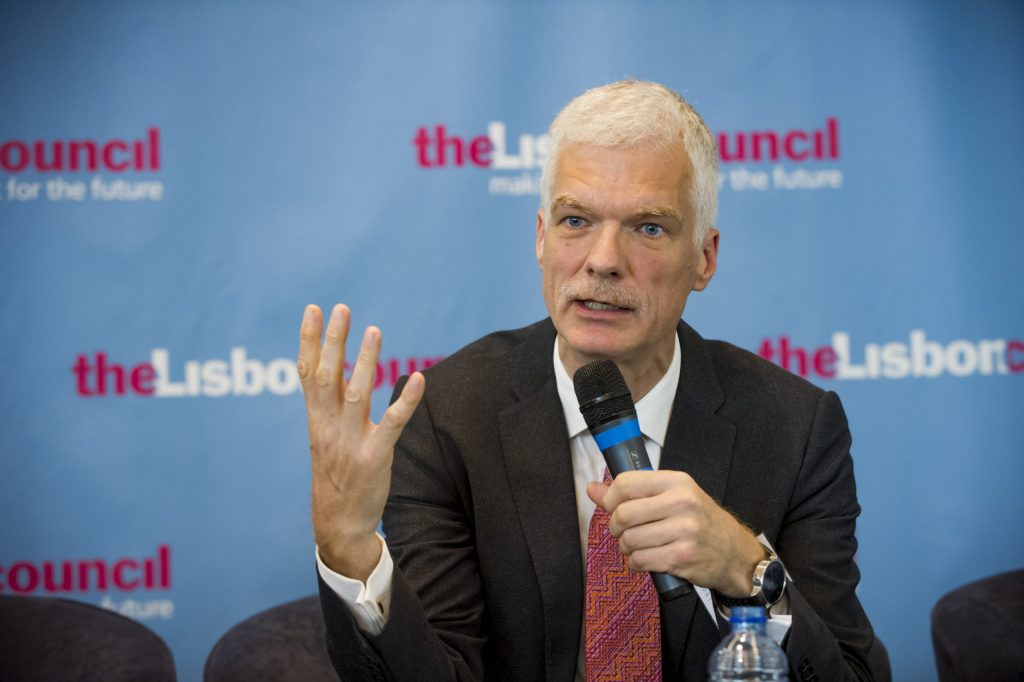June 2018
Artificial Intelligence and the Future of Work

In a world where the things that are easy to teach have also become easy to digitise and automate, lifelong learning and educational improvement are the keys to win the race with technology and shape the world for the better. Against this backdrop, the Lisbon Council convened the High-Level Working Roundtable on Artificial Intelligence, World Class Schools and the Future of Work. Andreas Schleicher, director for education and skills at the Organisation for Economic Co-operation and Development, initiator of the International Student Assessment (PISA) programme, and an international authority on education policy, led a fascinating deep-dive on the challenge of artificial intelligence for the education system. How can we best prepare our students? How can we open the system up to greater participation and lifelong learning? And what are the lessons of best practice gleaned from a life of studying education systems and measuring their results? Michel Servoz, senior adviser to President Jean-Claude Juncker on robotics, artificial intelligence and the future of European labour law, served as discussant, offering a broad overview of the emerging consensus on artificial intelligence and the need for broader, more ambitious frameworks for helping society prepare for and succeed in it. The discussion was held by the Future of Work Laboratory, a new centre of excellence led by the Lisbon Council. Mr Schleicher also used the occasion to launch his new book, World Class: How to Build a 21st Century School System.